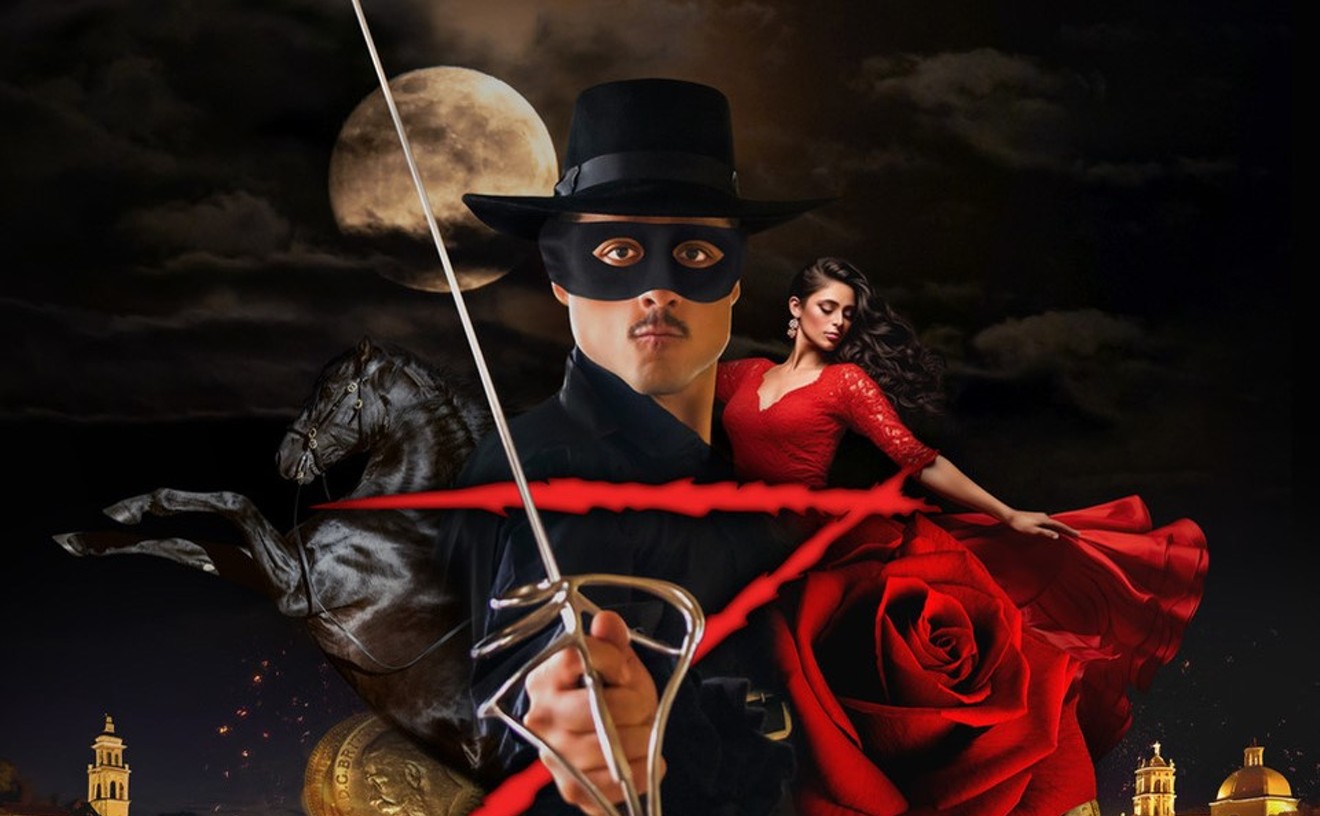The stories that comprise Laurie Stone’s My Life As An Animal (Triquarterly Books, $17.95) are fiction placed as memoir. Their narrator might be called “Laurie Stone,” in quotes. Like the author, that woman is a writer and longtime New York resident who, in the first story, meets a British professor at a Yaddo writers retreat. He lives in Arizona and doesn’t like New York (“It’s big and beautiful and rushing, and it makes me feel I don’t belong anywhere,” he explains in one among many gorgeous sentences in this collection). The stories that follow imagine life with this man in the desert, where she gardens with aloes, shops at Target, and contemplates the differences between big-city life and the thinking that shapes Sonoran dwellers.
But Stone is not Betty MacDonald, squeezing humor and sympathy from tales of a city gal suddenly surrounded by yokels for the love of her man. These are gently thought-provoking stories, connected by a firm sense of place — New York, Scottsdale, and occasionally Long Beach — and by acute, emotional observations of everyday living. In “Toby Dead,” Stone folds musings on death into stories of a mother’s discontented life; in “Ring,” she describes how objects can change the way we see others. In “Kolkata,” about buying a rug from Craigslist, Stone nails a description of the mazelike warrens that are Scottsdale apartment complexes (“…these places are impossible to navigate or leave,” she writes).
Stone’s voice contains shrugs of discontent and a deep tolerance for humankind. Her narrator is enraptured by conversations with the strangers she meets in Phoenix, where people are kinder, she finds, and more willing to talk than New Yorkers are. In “Wolf or Dog,” she asks a party guest, “What does colonialism mean to you personally?” (This is the kind of book where people ask one another questions like that.) But because she asks this of a Manhattanite, he rebuffs her. Later in the story, she admits, “I felt a little afraid a little go fuck yourself.”
These conversations are the basis for Stone’s remarks on her own emotional landscape, one her readers will often recognize as their own. Bookended by stories set at Valley yard sales, the collection draws firm lines in a socioeconomic sand, then blurs them: Our narrator comes from peasant stock, grew up in upper-middle-class suburbia (“I was not asked to make a bed, prepare a meal, wash a dish, or vacuum a carpet,” she writes in an especially moving sense-of-place piece titled “Threads”), and winds up in late middle age working as a cater-waiter in Manhattan. She knows several lives, and we come to trust her insights into each of them. Stone displaces her literary doppelganger emotionally and geographically, yet her meditations remain cohesive while offering that most difficult achievement: They entertain us while also making us think.
Laurie Stone shares My Life As An Animal ($17.95) at Changing Hands Phoenix, 300 West Camelback Road, on Tuesday, November 15.
[
{
"name": "Air - MediumRectangle - Inline Content - Mobile Display Size",
"component": "18478561",
"insertPoint": "2",
"requiredCountToDisplay": "2"
},{
"name": "Editor Picks",
"component": "16759093",
"insertPoint": "4",
"requiredCountToDisplay": "1"
},{
"name": "Inline Links",
"component": "17980324",
"insertPoint": "8th",
"startingPoint": 8,
"requiredCountToDisplay": "7",
"maxInsertions": 25
},{
"name": "Air - MediumRectangle - Combo - Inline Content",
"component": "16759092",
"insertPoint": "8th",
"startingPoint": 8,
"requiredCountToDisplay": "7",
"maxInsertions": 25
},{
"name": "Inline Links",
"component": "17980324",
"insertPoint": "8th",
"startingPoint": 12,
"requiredCountToDisplay": "11",
"maxInsertions": 24
},{
"name": "Air - Leaderboard Tower - Combo - Inline Content",
"component": "16759094",
"insertPoint": "8th",
"startingPoint": 12,
"requiredCountToDisplay": "11",
"maxInsertions": 24
}
]










